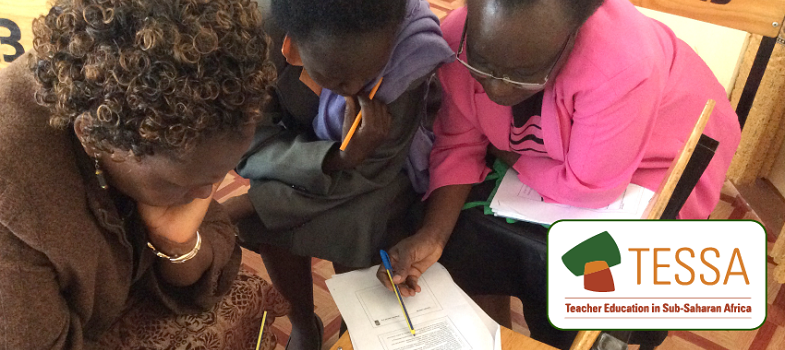Section 3 : Combustion
Theme: Science lived – relevant and real
Learning Outcomes
By the end of this section, you will have:
- supported learners to use science ideas to reflect on the fuels that are used in their homes and why certain fuels are better in certain situations;
- organised pupils into groups to plan an investigation to test and compare two common fuels;
- developed students’ ability to make links between scientific principles and their everyday lives by considering how electricity can be generated.
Introduction
Science is all around us. Too often, young people see science as something learnt from a textbook that is not relevant to their everyday lives. Activities like baking cakes and growing vegetables and mending a bicycle all involve scientific principles. Making connections between the science they learn in school and the things they do at home can help to reinforce the scientific principles that your students need to learn. It might also help them to understand some of the problems that they and their families face. Resource 1 gives some strategies that you can use in order to help your students make these connections.
A lot of the ideas in chemistry are abstract and relate to things that we can’t see, but there are many connections with the ‘real’ world. Cooking is all about chemical change; extracting useful substances from raw materials involves understanding the chemical properties of the substances; making new materials and medicines involves understanding how different substances can react together; and the properties of the different materials that we use all the time depend on the way in which the molecules are arranged. In this unit, we have used the topic of combustion to illustrate how you can focus on the real-life applications of scientific ideas, but you could apply these ideas to many other topics.
Resource 6: Practical Work



